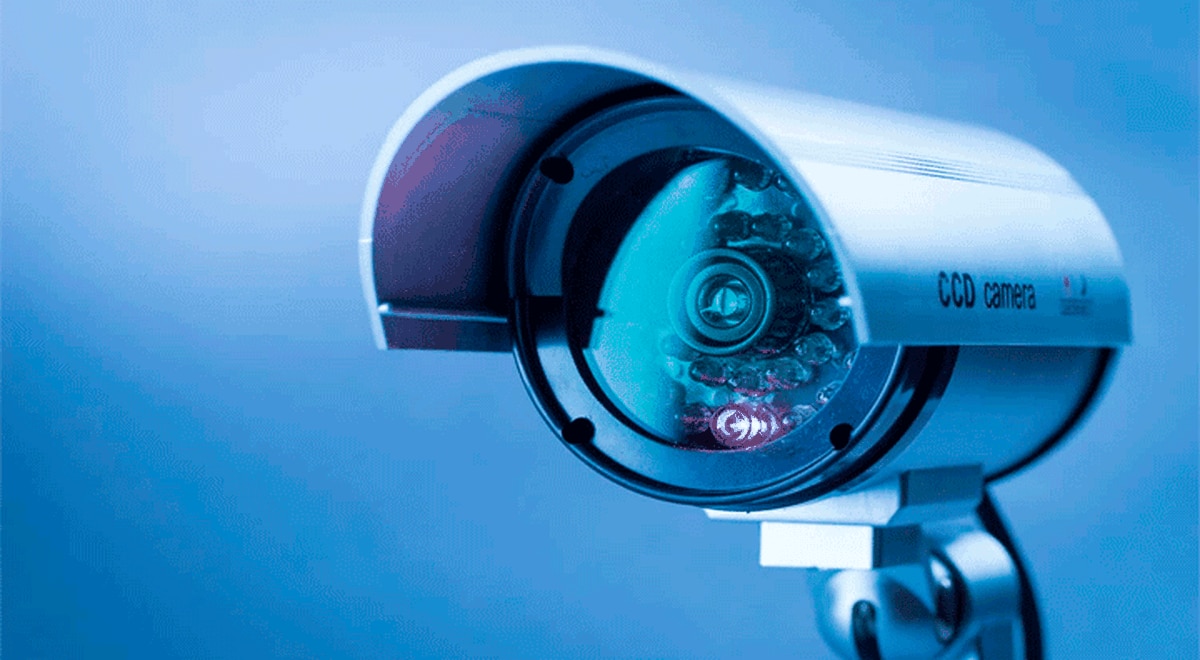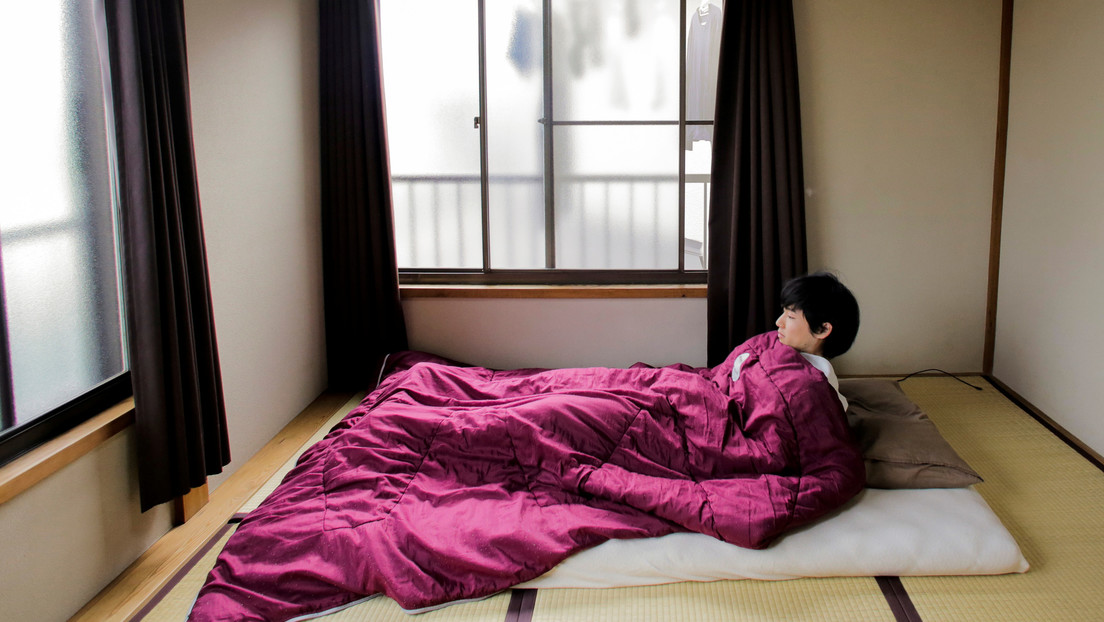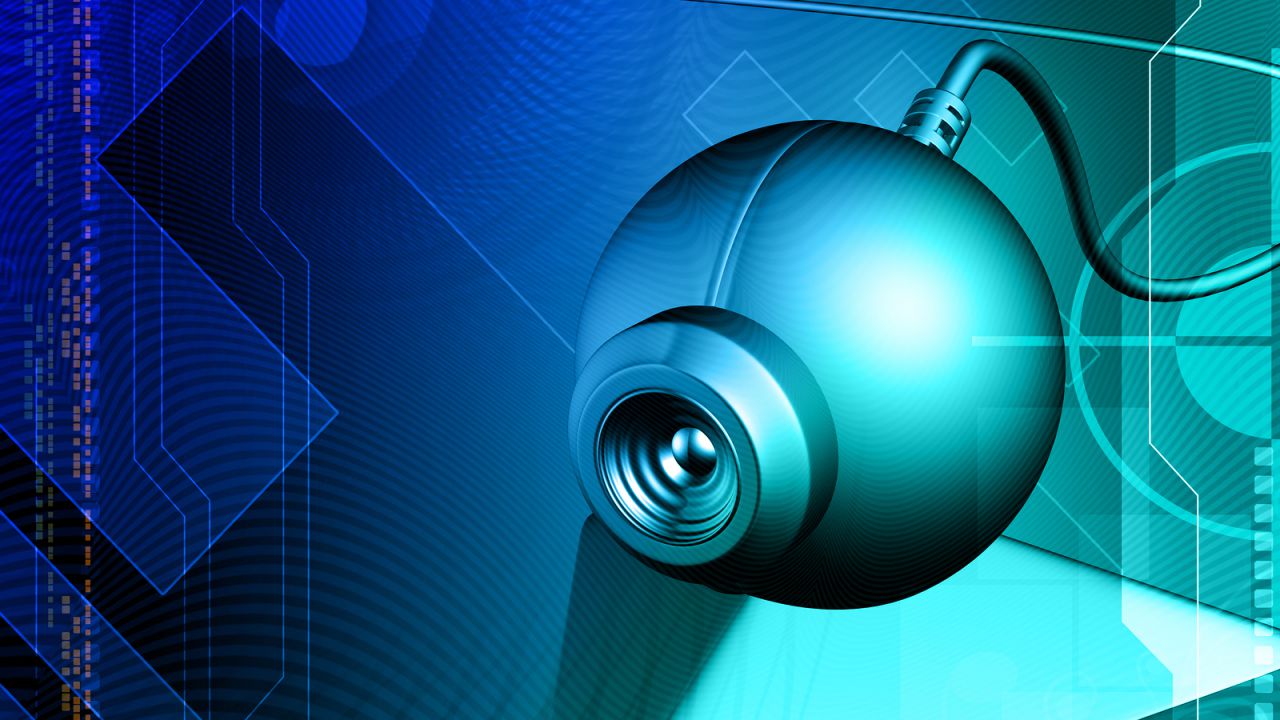
Unconditional basic income experiments are conducted around the world. Sometimes they have positive results , which confirm the assumption that if a person provides basic needs, he will, relatively speaking, reach for “spiritual food”. Sometimes the results are negative when the proverb “no matter how much the wolf feeds, but he looks into the forest” is confirmed
But the experimental conditions are almost always different. Now it became known about another attempt to give people money just like that. Well, almost that - for the right to constantly monitor them, volunteers get almost two thousand dollars a month. An experiment with these conditions was called Project Exograph .
The experiment was created by Plasma Inc., headquartered in Japan. The stated goal is to give society the opportunity for further development with the help of science and technology, as well as providing a good future for humanity.
Volunteers who agreed to participate in the project must agree to install cameras in their homes - everywhere. The only blind zone is the toilet, and that, not all, but only the place of departure of natural needs. For a month, the experiment participant receives 200 thousand yen, which is approximately $ 1830 - twice as much as the top level of social assistance in this country.

By the way, at first it was planned to pay 130,000 yen, but after the company was criticized for "handing over" to poor people, its management decided to increase the amount of remuneration.
The footage will be “depersonalized” so that participants cannot be identified. After this procedure, the video will be transferred to various companies and experts so that they appreciate the possibility of monetization. Records cannot be sold under experimental conditions.
The main idea is that since companies buy various data from millions of people (mainly information from trackers from sites like Facebook, digital fingerprints of users), the business may be interested in more complete information. If so, then in the future, the profession of a professional reality actor may appear who receives money for 24-hour video surveillance of himself.
Artificial intelligence will process information, it will also begin to highlight some patterns of behavior that may interest commercial companies, including retail. What is interesting - the study is conducted, in part, in order to find out whether people who have lost their jobs due to the same artificial intelligence and robotics can find their place in life.

The amount of 200,000 yen is the cost of living, which is enough for the Japanese to lead a healthy lifestyle without any frills. Of course, this does not mean at all that companies are willing to pay the same amount for one person’s real-time data. So far, this is just an experiment that can clarify some of the socio-economic nuances of a possible future for humanity.
In February, an experiment began in California, USA, to pay unconditional basic income of $ 500 to program participants. Volunteers were 125 people from the town of Stockton. The condition for participation is the amount of family income that does not exceed $ 46,033 per year. One of the tasks is to find out what the program participants spend the money on. There are no special surprises here - $ 500 is spent on food, clothing and paying bills (in total this is about 70% of the income). However, for Stockton these are important results, as opponents of the experiment argued that the money would be spent on gambling, drinking and drugs.